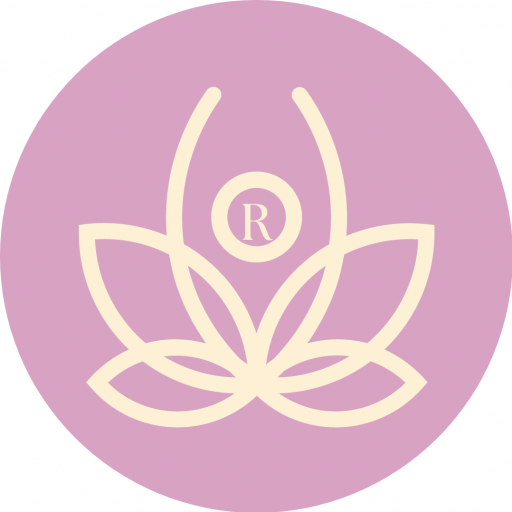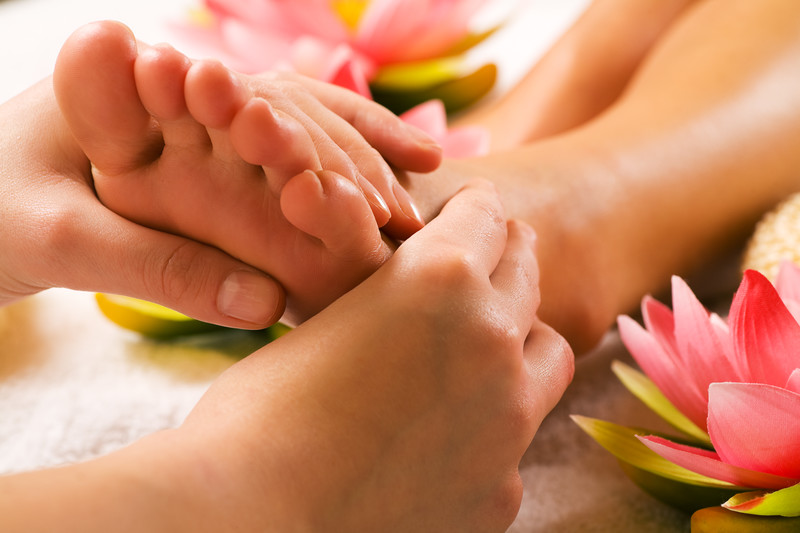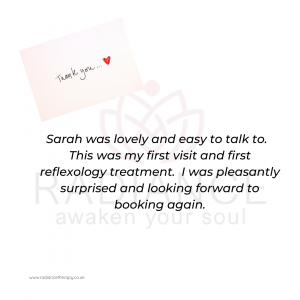Reflexology – it’s a lot more than a foot massage
Reflexology is a holistic treatment usually conducted on the feet, although can also be applied to hands, face and even ears. It is a massage treatment that includes pressure on specific points which reflexologists believe are connected to organs and body systems. There are many theories on how reflexology works, looking back over ancient history and documents we can see the Egyptian hieroglyphics showing foot massages. Chinese medicine is based on the belief that we all have an energy which flows in good health but in illness or imbalances it becomes disrupted or blocked. When we encourage the qi (energy) to flow again it can help improve our health and wellbeing.
Regardless of your beliefs around reflexology, anecdotal evidence from clients (of mine and others) demonstrates that reflexology helps calm mood, can improve sleep patterns, helps people to destress and can often help with physical pain. As many people are considering their health and trying to maintain their optimum health we see people turning to complementary health in increasing numbers. Research is increasing to prove the effectiveness and results using these methods; however, it should be remembered that this is a complementary therapy and should not been used to replace allopathic medicine. A holistic treatment can be used to support not replace the treatment prescribed by a medical practitioner.
When you have a treatment
Before having a reflexology treatment your therapist will take a comprehensive history from you, including medical history. This is not to ‘fix,’ ‘cure’ or ‘diagnose’ any condition but helps them build a picture about you. There may be reasons why the treatment is not suitable for you or requires some adaptions – for example if you are diabetic you could have less sensation in your feet, and it is important for the therapist to understand your personal situation. As some of the treatment includes massage a medium to allow a flow of movement is required, traditionally talc, wax or oil has been used, today many therapists continue using traditional mediums although you will also find many use creams or lotions. An adaption to reflexology is aroma reflex where a blend of essential oils can be added to the base to enhance the treatment giving you the extra benefit of therapeutic properties of the oil. I also offer clients the opportunity to purchase their specific blend to continue the ‘treatment’ at home. A reflexology treatment usually lasts for 45mins to 1 hour, with the consultation adding onto this time. I advise clients to allowing extra time for their first visit to account for this.
‘How often should I have a treatment’ is the most common question asked. This is such a hard one to answer as every client is different. The general rule is, the first 3-6 visits are conducted either weekly or fortnightly as your body gets used to the effects of the treatment and to give you the ability to notice any changes. (Incidentally, I believe that if you do not see/feel any change by treatment 6 then this may not be the discipline for you! This is something I discuss with clients; I am aware not al therapists work this way, but I have always been mindful that this is your treatment – not mine and it has to work for you!) After this initial condensed course, we aim to move to monthly maintenance treatments. As I say, everyone is different – some clients come monthly, some continue fortnightly and some just when they feel the need. Discuss with your therapist what outcome you want to achieve and what they can do for you, creating a treatment plan together.
What you should expect after a treatment
After a treatment you may be tired, relaxed, calmer or you may feel more energised, vibrant, and ready to tackle the rest of your day. We all react differently to treatments, and individually we may react differently each time – depending on our personal circumstances and general health at that point. It’s advisable not to have a busy day scheduled after a treatment but to relax and allow your body to adjust to its new state. Drinking water, whilst avoiding caffeine and alcohol is also advised (often clients are thirsty after a treatment). Sometimes we feel cold and shivery following a treatment, so come with layers in case you need them for your journey home.
You may have heard of something called ‘healing crisis’ – it sounds much more dramatic than it is! It is your body’s reaction to the treatment, some of which have already been highlighted. It is experienced as the body qi adjusts and can present as physical, emotional, and mental change. If you are ever concerned following a treatment, contact your therapist straight away who will be able to talk through your responses. It is nothing to be worried about though and is perfectly normal – after all it is evidence that your body has embraced the treatment.
General Guidelines
Always follow guidelines given to you by a qualified reflexologist. If pregnant / breastfeeding extra caution should be applied and babies/children/elderly will be more sensitive and should be treated as such. If you know you are pregnant and within the first trimester you must inform your therapist as it may not be possible to have the treatment. If you are pregnant seek out a pregnancy trained reflexologist, it is a wonderful treatment during pregnancy and research has shown can reduce pain relief required during labour and even reduce labour time. There are some conditions that can be helped with this treatment, but the therapist may be required to contact your GP before treatment for permission. This will be highlighted either at time of booking or in your consultation.
Here is a list of ailments/situation reflexology can help with (by no means the definitive list!)
- Anxiety
- Back pain
- Constipation
- Depression
- Emotional trauma
- Energy
- Fatigue
- Fertility
- General wellbeing
- Headaches
- Help relaxation
- Hormones (PMT/Menopause/Perimenopause)
- Migraines
- Plantar fasciitis
- Pregnancy
- Recovery from illness
- Selfcare
- Sleep issues
- Stress
Want to try reflexology? This is what a recent new client said.
Book here and see you on the couch.


